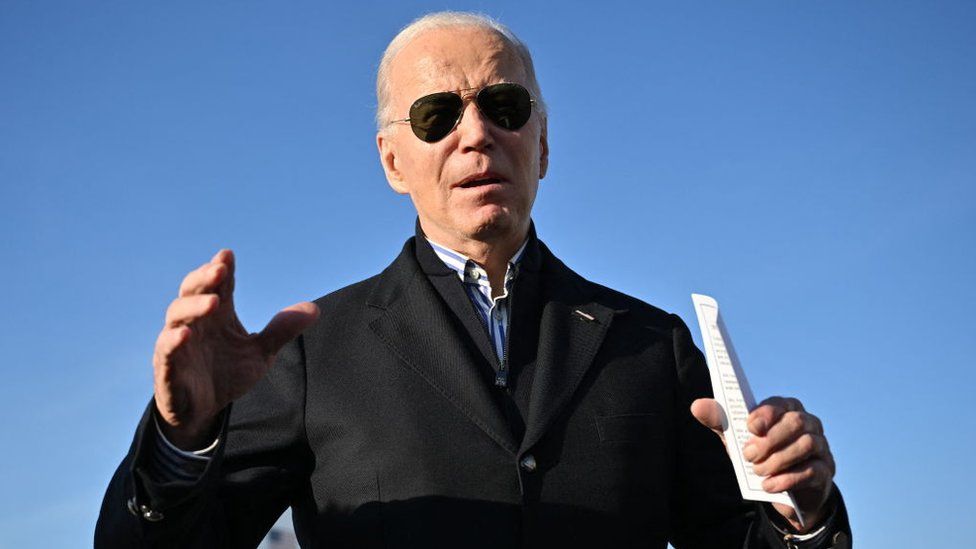-

-
-
Loading

Loading

US President Joe Biden has made an announcement regarding pardons and clemency for certain federal marijuana convictions and non-violent drug crimes. This executive order specifically targets convictions related to simple possession, attempted possession, or use of marijuana under federal law. It also applies to certain offenses committed on federal lands. President Biden stated that the previous approach to marijuana has negatively impacted many lives and it is time to correct these injustices. It is worth noting that this move represents a change in approach for President Biden, who as a senator had authored a crime bill in 1994 that led to mass incarceration, particularly affecting black individuals, for drug offenses. The White House estimates that thousands of people will be eligible for the pardons, but they must submit applications to the justice department. This action builds upon a previous executive order from last year, which saw thousands of people convicted under federal law for possessing small amounts of marijuana being pardoned by the Biden administration. While 24 states and Washington DC have decriminalized or legalized the use of marijuana in certain circumstances, it still remains illegal at the federal level. Earlier this year, the Health and Human Services Administration recommended loosening federal restrictions on marijuana to the Drug Enforcement Administration. However, it is important to note that President Biden's order does not cover individuals convicted of marijuana-related crimes at the state level. Nonetheless, he urged governors to take similar actions in their states. Sarah Gersten, the executive director and general counsel for the Last Prisoner Project, described the executive order as mostly symbolic. She explained that the majority of cannabis convictions occur at the state level and suggested that a pardon at the federal level does not fully address the need for record clearance. Furthermore, the executive order does not cover all marijuana-related offenses that carry prison sentences. Stephanie Shepard, the director of advocacy for the Last Prisoners Project, who was imprisoned for conspiracy to distribute marijuana, was not included in the pardon. Shepard highlighted the long-lasting effect such convictions can have on individuals' lives, including difficulties finding housing or employment due to background checks. She expressed her wish for President Biden to understand the impact on children who grow up without their incarcerated parents while witnessing the proliferation of marijuana dispensaries. Shepard believes that the executive order falls short of expectations.